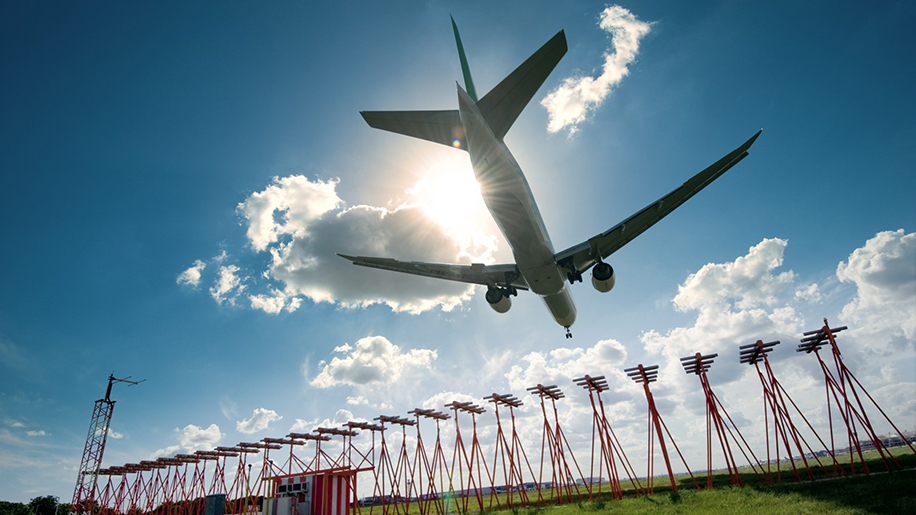The UK government has published a new Aviation Passenger Charter, described as “a one-stop guide for passengers informing them of their rights, responsibilities and what they can reasonably expect of the aviation industry when flying”.
The charter was promised as part of a 22-point plan to minimise aviation disruption this summer, and breaks down the passenger journey into stages, with information on planning and booking your trip, travelling to and from the airport, taking a flight and returning to the UK, and what to do if things don’t work out as planned.
It covers passenger rights when making a booking – including the airline being expected to provide a breakdown of all taxes and charges – as well as rights for disbabled passengers and those with reduced mobility, and what compensation is available when there are delays or cancellations.
The full charter, alongside a shorter summary of passenger rights can be seen at gov.uk/government/publications/aviation-passenger-charter.
It’s important to note that the charter doesn’t actually include any new rights – it simply brings together existing information and legislation into one place for the traveller.
The Department for Transport also stresses that the charter “is not intended to be a legally enforceable document but does outline the existing legally enforceable rights”.
“Most journeys by air occur without disruption, and flying is usually a positive experience,” says the charter.
“However, sometimes things can go wrong, which is why there are regulations that give you rights when travelling by air. These rights are in place to ensure you receive fair treatment as a passenger and include protections for you if things go wrong, such as if your flight is cancelled or delayed.”
The publishing of the charter following widespread disruption at airports in the UK and around the world, following the easing of Covid-19 travel restrictions earlier this year.
Heathrow recently capped daily passenger numbers at the airport until September – a move which led to a public row with Emirates over the implementation of capacity cuts, which now appears to have been resolved.


